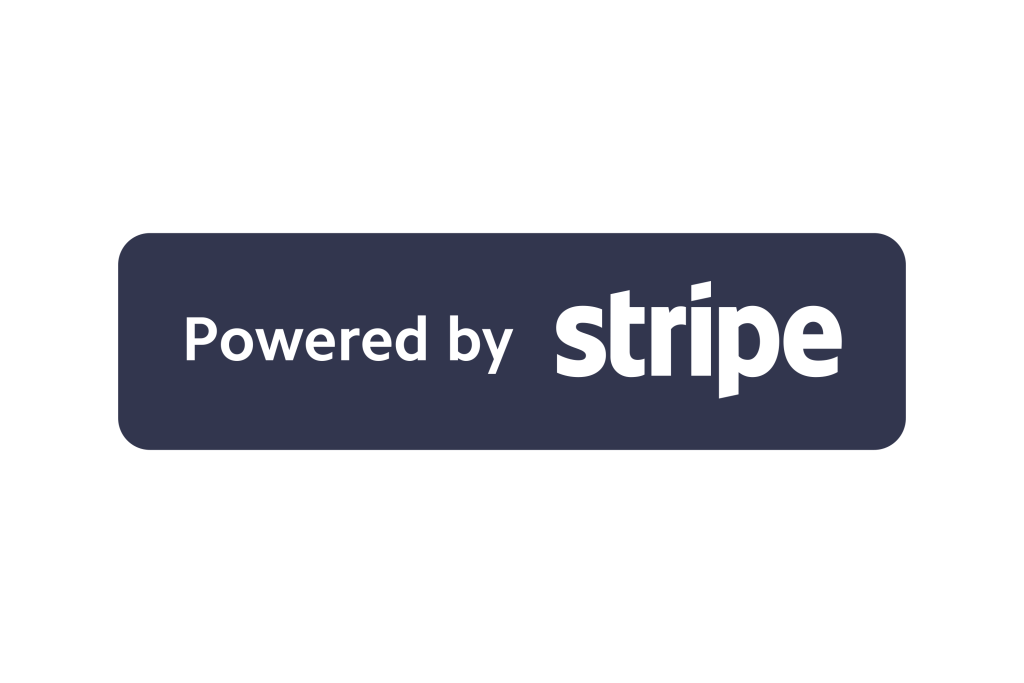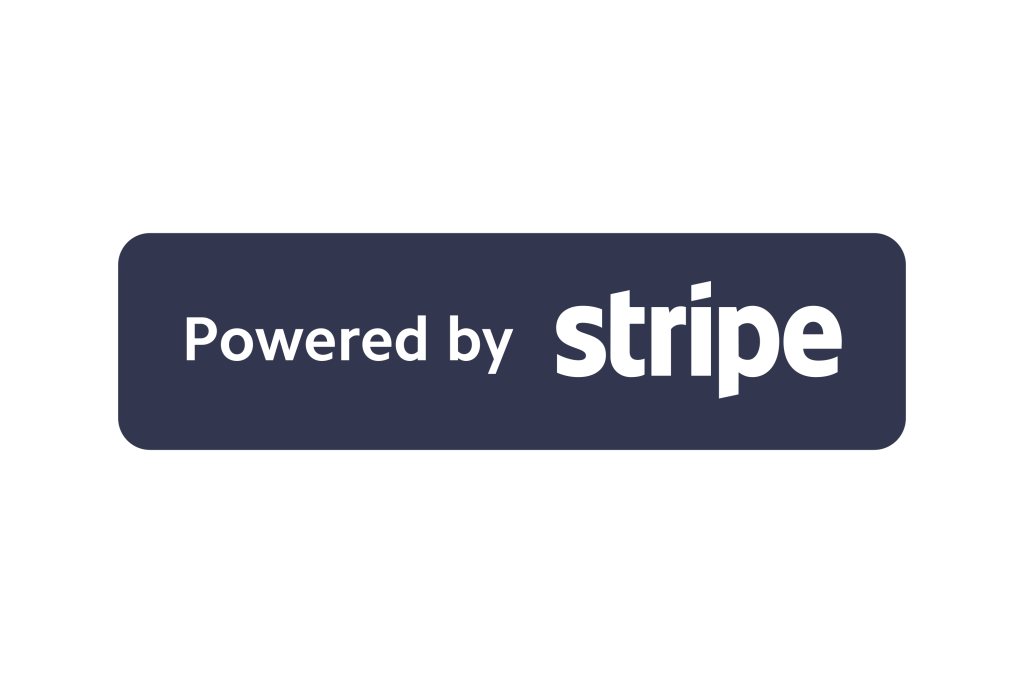According to Forbes' initial report from October, ByteDance has admitted that it used TikTok to track the physical locations of journalists using their IP addresses. This is how TikTok spied on Forbes journalists.
ByteDance, the parent company of video-sharing platform TikTok, conducted an internal investigation and discovered that employees monitored multiple journalists trying to cover the company, wrongfully getting access to their IP addresses and user data in an endeavor to determin...



